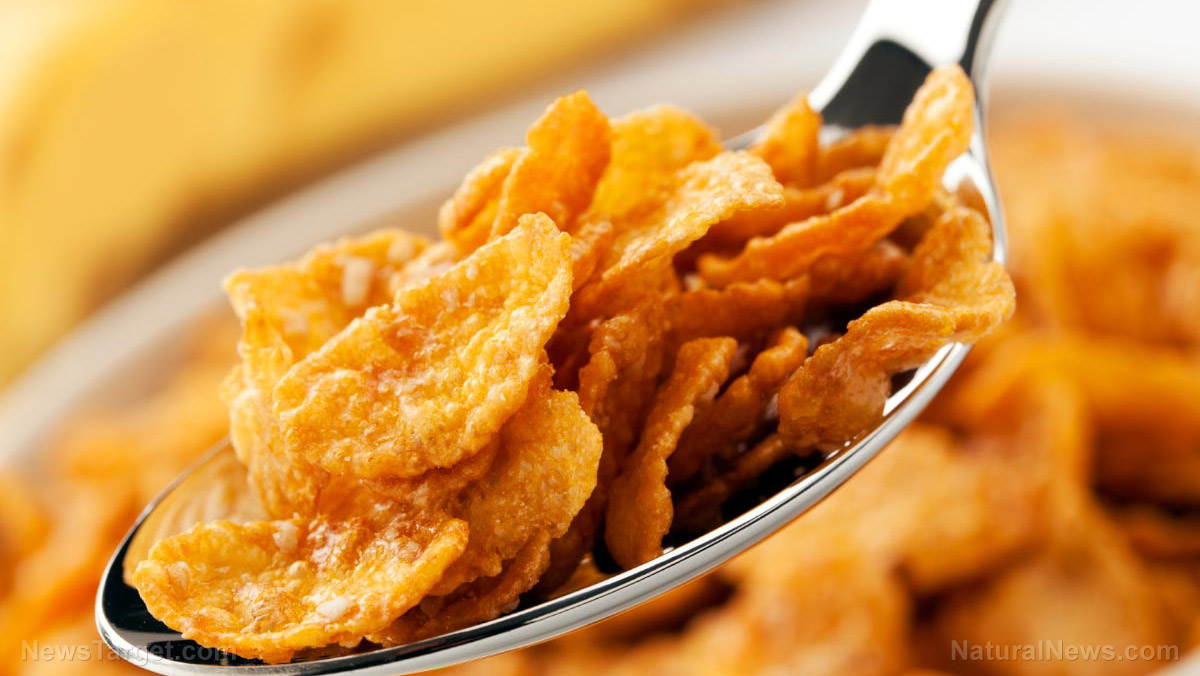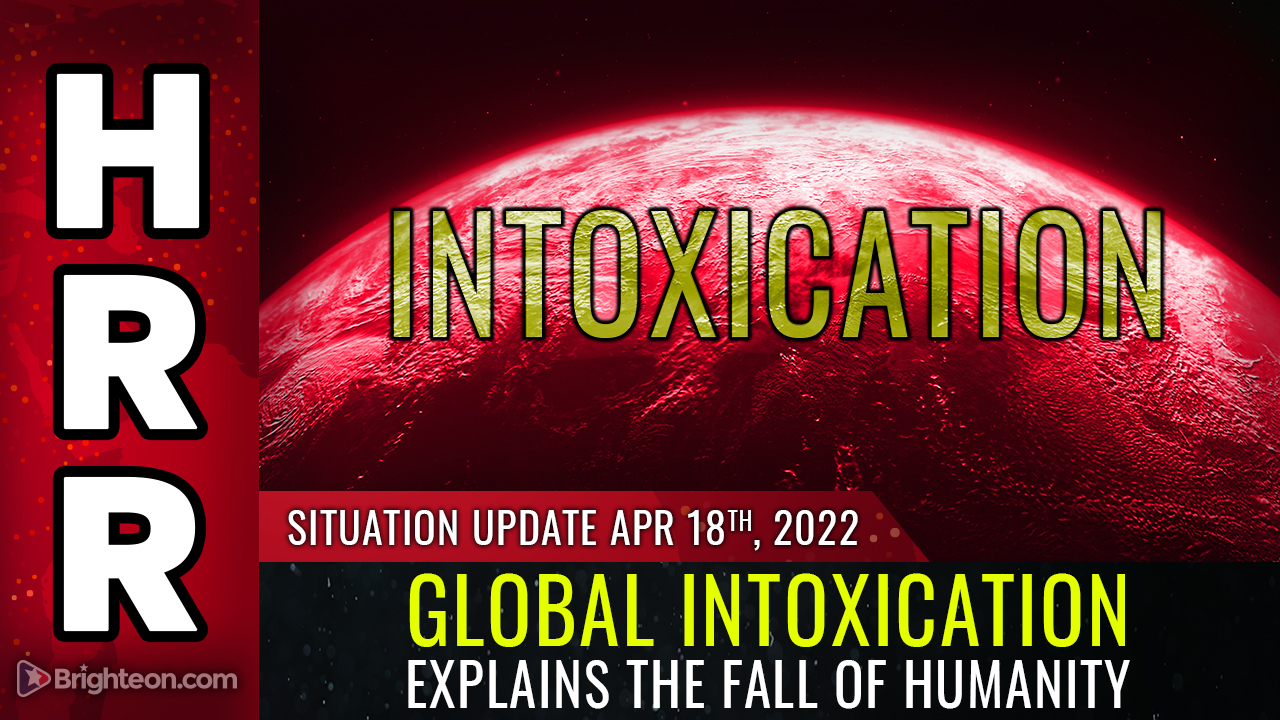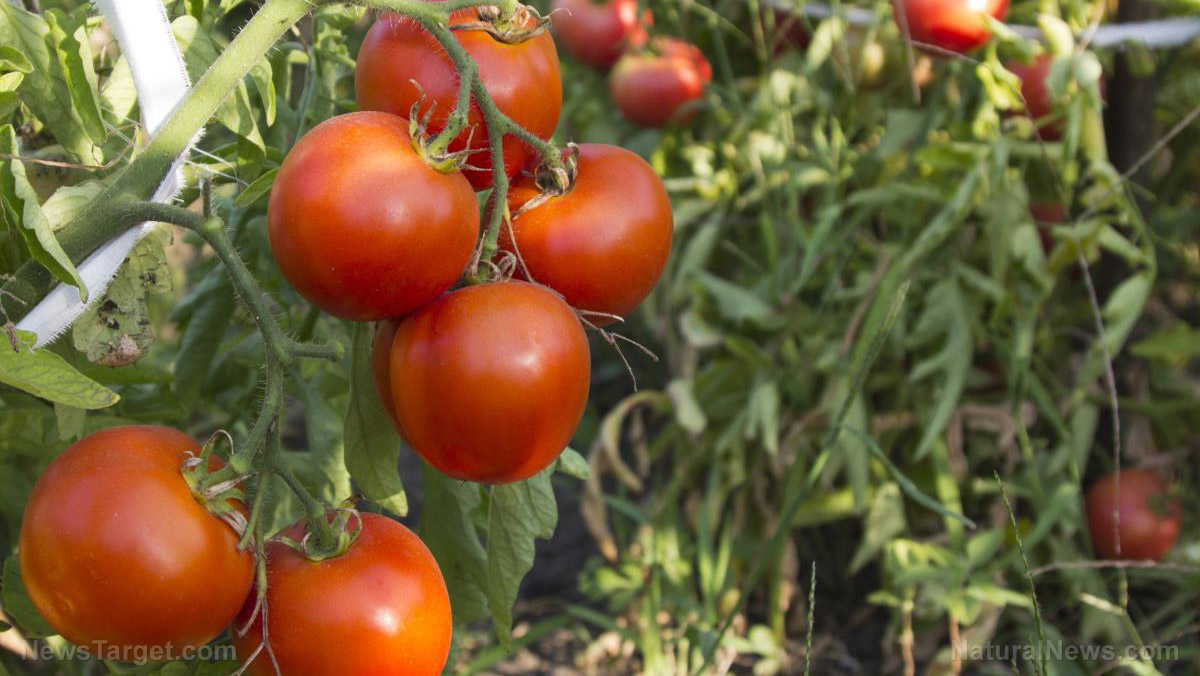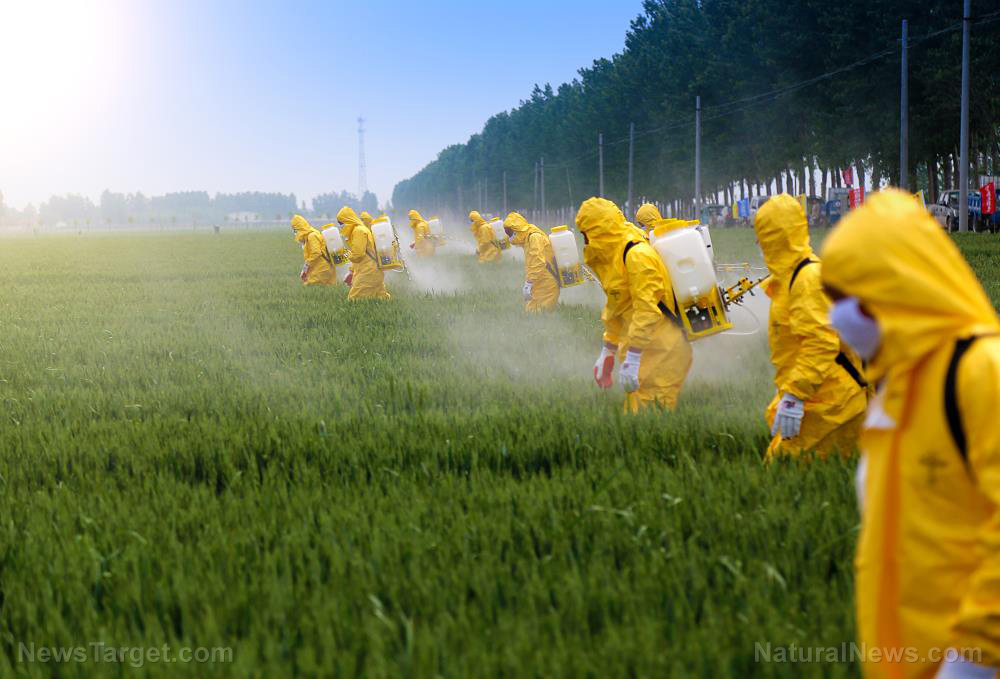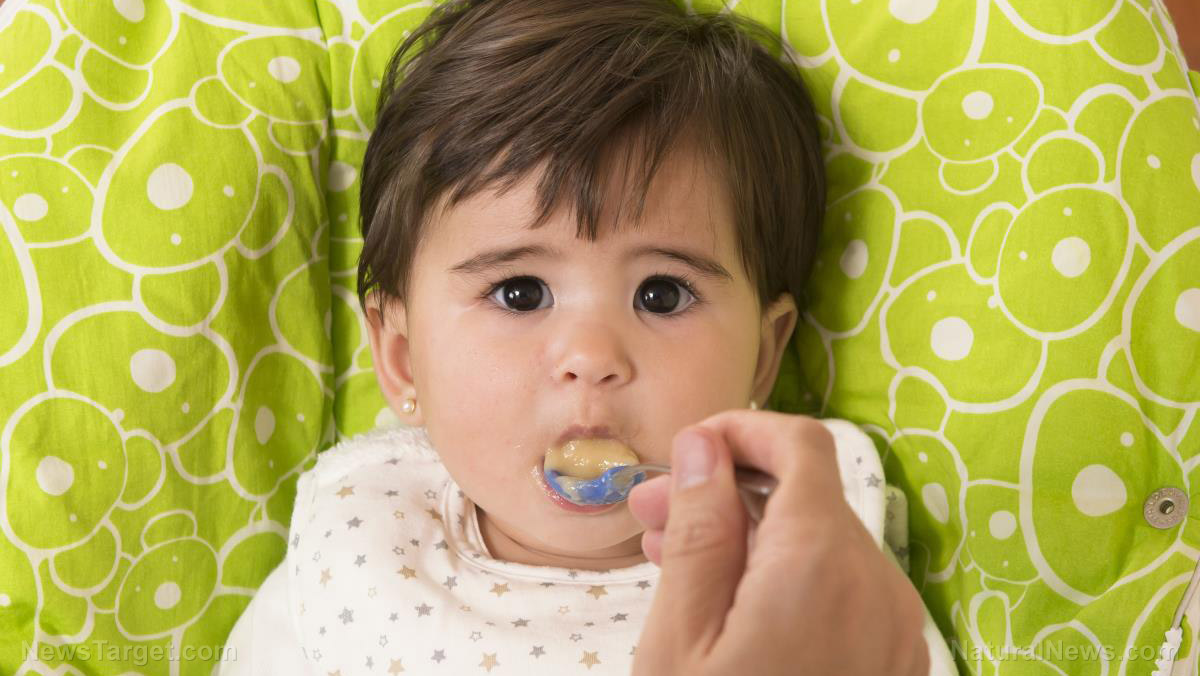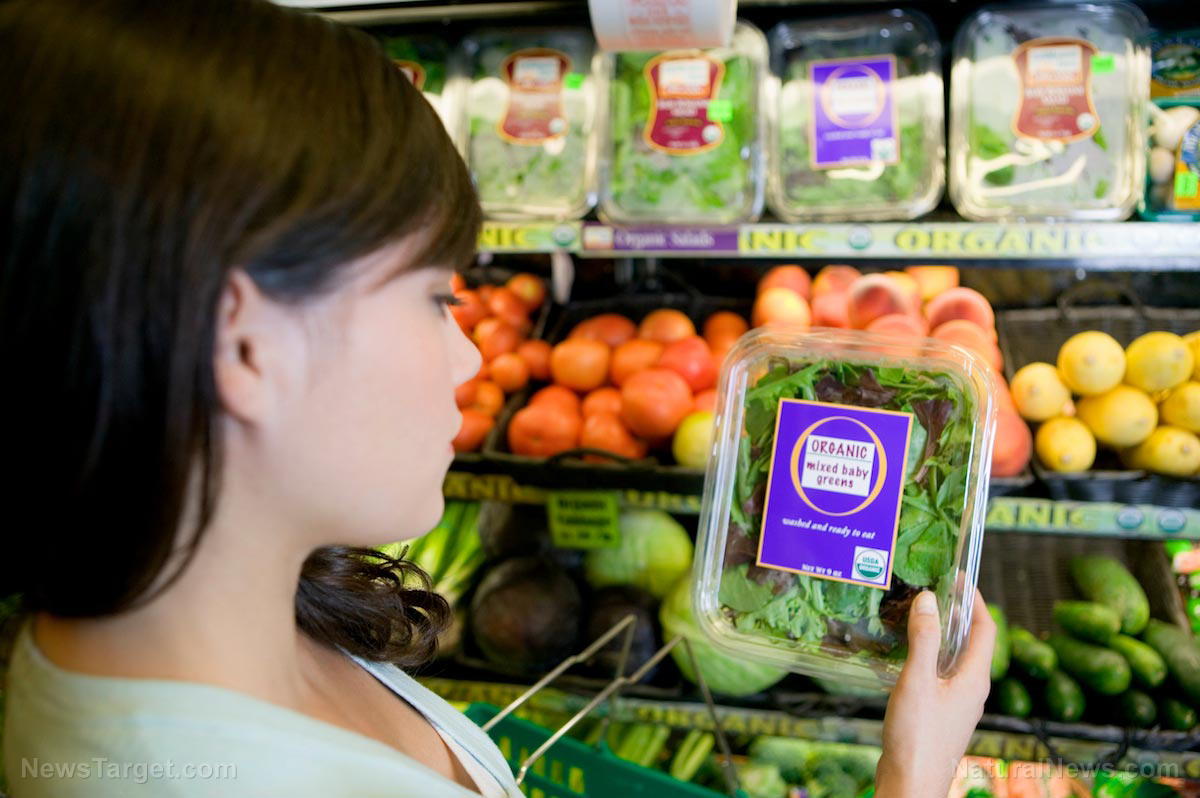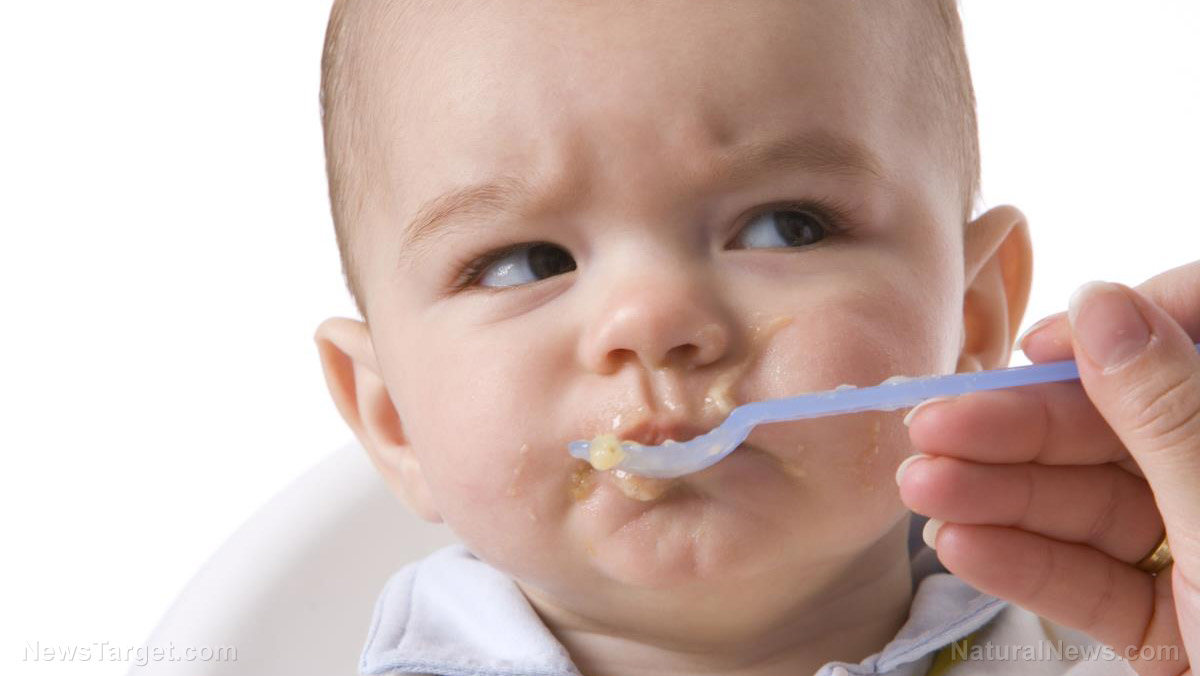Study: Consumption of beer, sugary drinks, and tea linked to kidney disease
04/24/2019 / By Edsel Cook
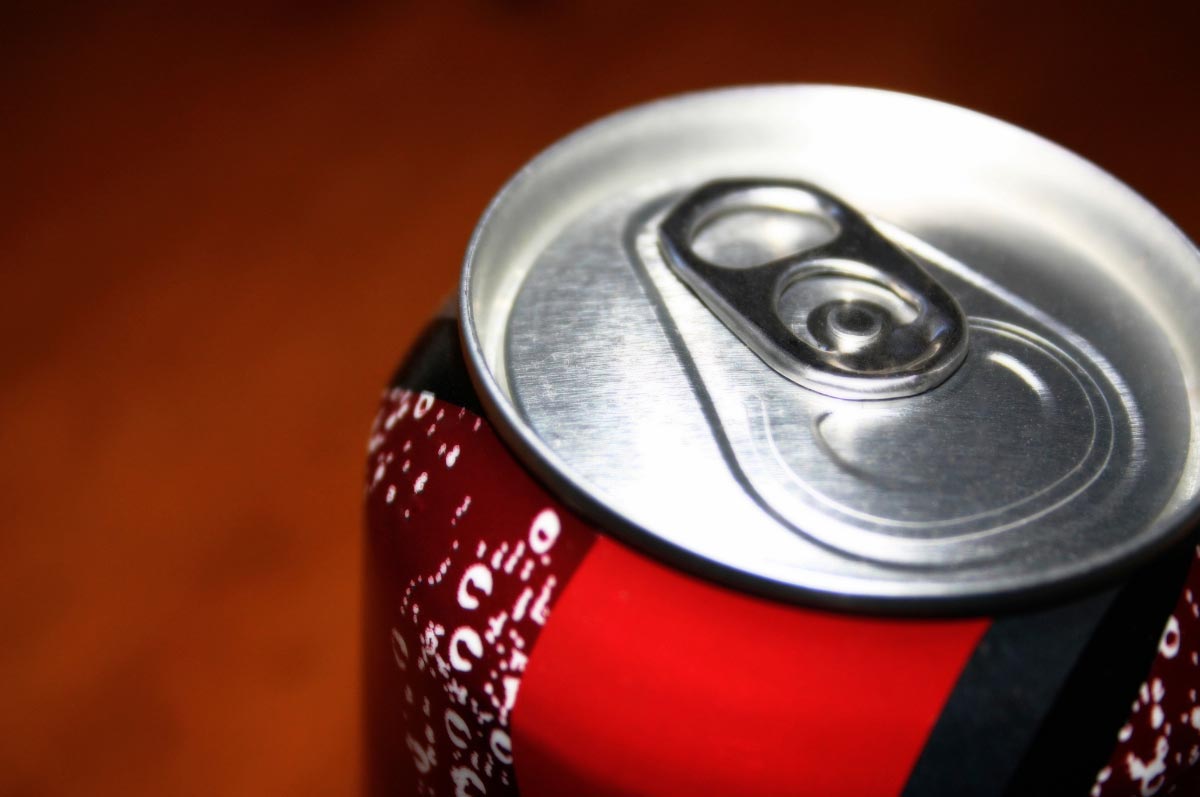
Researchers came up with a list of drinks that could harm the kidneys if consumed in excessive quantities. They identified beer, sugary drinks, and two healthy types of beverages – fruit juices and tea – as potential causes of chronic kidney disease.
The most egregious offenders were carbonated and sweetened fruit drinks. Guzzling these bubbly, sweet beverages on a regular basis could raise a person’s chance of having kidney problems by as much as 61 percent.
To no one’s surprise, high consumption of beer was reported to be bad for kidney healthy. The Johns Hopkins University research team didn’t go into detail about this, probably because the reason was fairly obvious.
As for the other drinks, the researchers explained that the sugar content in them could eventually lead to increased weight, hypertension, and high insulin resistance. These unhealthy conditions would slowly but surely increase the stress on the kidneys, causing the organs to wear out and lose functionality at a faster rate.
Around 14 percent of the population in the United States suffer from at least one form of chronic kidney disease. The leading causes of these kidney issues were identified to be diabetes and high blood pressure. (Related: Recent study concludes that even low levels of arsenic can cause kidney disease.)
Drinking too much juice and sweet beverages could harm the kidneys
In the 2015 study, the JHU researchers evaluated the amount of drinks consumed by 3,003 participants of both genders. All participants were African-American, who were more predisposed to develop kidney disease.
At the start of the long-term study, every member of the study population did not have kidney disease. But after researchers followed them for an average of eight years, six percent eventually developed the condition.
The researchers winnowed through these results, looking for factors that could induce the onset of kidney disease. They eliminated potential causes such as diabetes, hypertension, obesity, lack of exercise, and smoking.
Eventually, they narrowed it down to the participants drinking a lot of sweet drinks in the form of fruit juices and soda. Evaluating each type of beverage for its inherent health risk revealed that soda caused a nine percent increase in the risk of chronic kidney disease.
Furthermore, the JHU researchers also identified four common patterns of beverage consumption. Each pattern was made up of three different drinks and arranged according to the amount consumed.
One pattern was made up of citrus juice, non-citrus fruit juice, and vegetable juice. Citrus juice proved to be the most heavily-consumed beverage, while veggie juice turned out to be the least popular.
Even “mere” flavored water could cause chronic kidney disease
Curiously, the analysis showed that water ranked number three in terms of risk associated with chronic kidney diseases. It ranked below soda and sweetened fruit juices.
The researchers attributed this surprising finding to flavored water, which contains either artificial or natural substances to improve its taste and nutritional value. They theorized that many participants did not distinguish between flavored water and ordinary water, when the additional contents would have affected the kidney in ways that pure water would not.
“It is widely recognized that sugar-sweetened beverages, such as soda and fruit drinks, should be avoided in order to reduce one’s risk of developing chronic diseases, such as obesity, hypertension, diabetes, and cardiovascular disease,” explained Dr. Casey Rebholz, the leader of the JHU team. “These findings add to the body of literature on the adverse health effects of sugar-sweetened beverages and support recommendations to avoid their consumption.”
Earlier studies have established links between drinking lots of sugary beverages and serious diseases such as gout, obesity, and Type 2 diabetes. It would be best to start cutting back on sugar-sweetened drinks before the kidneys shut down.
Sources include:
Submit a correction >>
Tagged Under:
#nutrition, artificial sweeteners, beer, beverages, chronic kidney disease, citrus juice, flavored water, fruit juice, gout, kidney disease, kidney health, liquid sweeteners, obesity, sugar content, sugary drinks, sweetened beverages, toxic ingredients, Type 2 Diabetes, vegetable juice, water
This article may contain statements that reflect the opinion of the author
RECENT NEWS & ARTICLES
StopEatingPoison.com is a fact-based public education website published by Stop Eating Poison Features, LLC.
All content copyright © 2018 by Stop Eating Poison Features, LLC.
Contact Us with Tips or Corrections
All trademarks, registered trademarks and servicemarks mentioned on this site are the property of their respective owners.





